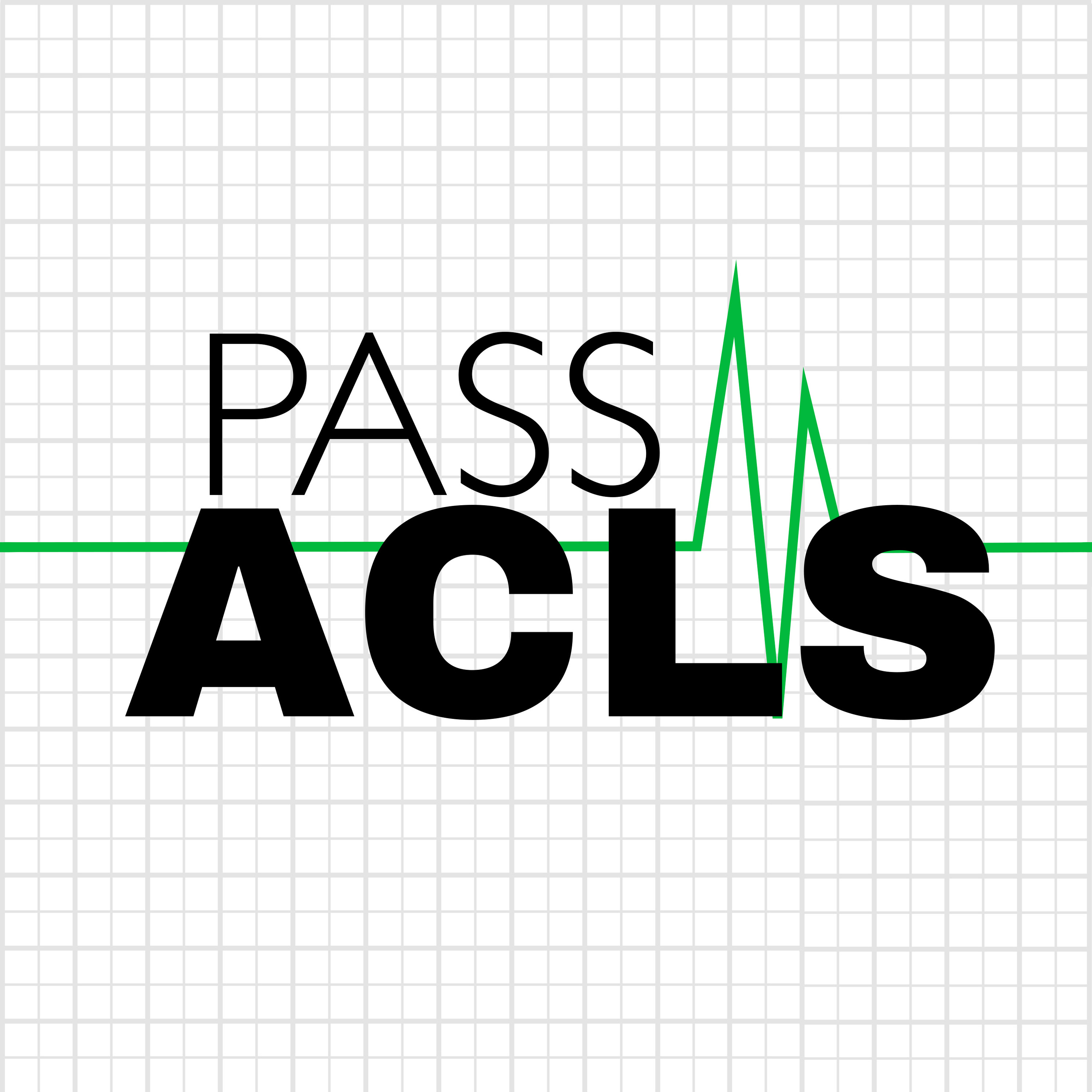Medication Review: Calcium Channel Blockers
Description
Calcium is one of the ions that move across the cellular membrane during cardiac contraction and relaxation.
The primary use of calcium channel blockers in ACLS is for the treatment of stable, narrow complex tachycardias refractory to Adenosine and to lower the blood pressure of ischemic stroke patients with severe hypertension.
Use of calcium channel blockers for SVT refractory to Adenosine and A-Fib or A-Flutter with RVR.
Contraindications of calcium channel blockers.
Nicardipine use during the treatment of ischemic strokes.
For more information on ACLS medications, tachycardia, or stroke check out the pod resource page at passacls.com.
Connect with me:
Website: https://passacls.com
@PassACLS on X (formally known as Twitter)
@Pass-ACLS-Podcast on LinkedIn
Give back - buy Paul a bubble tea here
Good luck with your ACLS class!
More Episodes
The tongue is the most common airway obstruction in an unconscious patient.
Insertion an oropharyngeal airway helps keep the patient’s tongue from falling to the back of the pharynx, causing an airway obstruction.
The oropharyngeal airway is sometimes called an OPA or simply an oral airway....
Published 05/22/24
Published 05/22/24
Hypoxia is a state of low oxygen levels in the blood.
Determining hypoxia using a pulse oximeter or arterial blood gasses (ABGs).
A goal of ACLS is to recognize signs of hypoxia and provide timely treatment to prevent an arrest.
Examples of some things that might lead us to think of hypoxia...
Published 05/21/24


